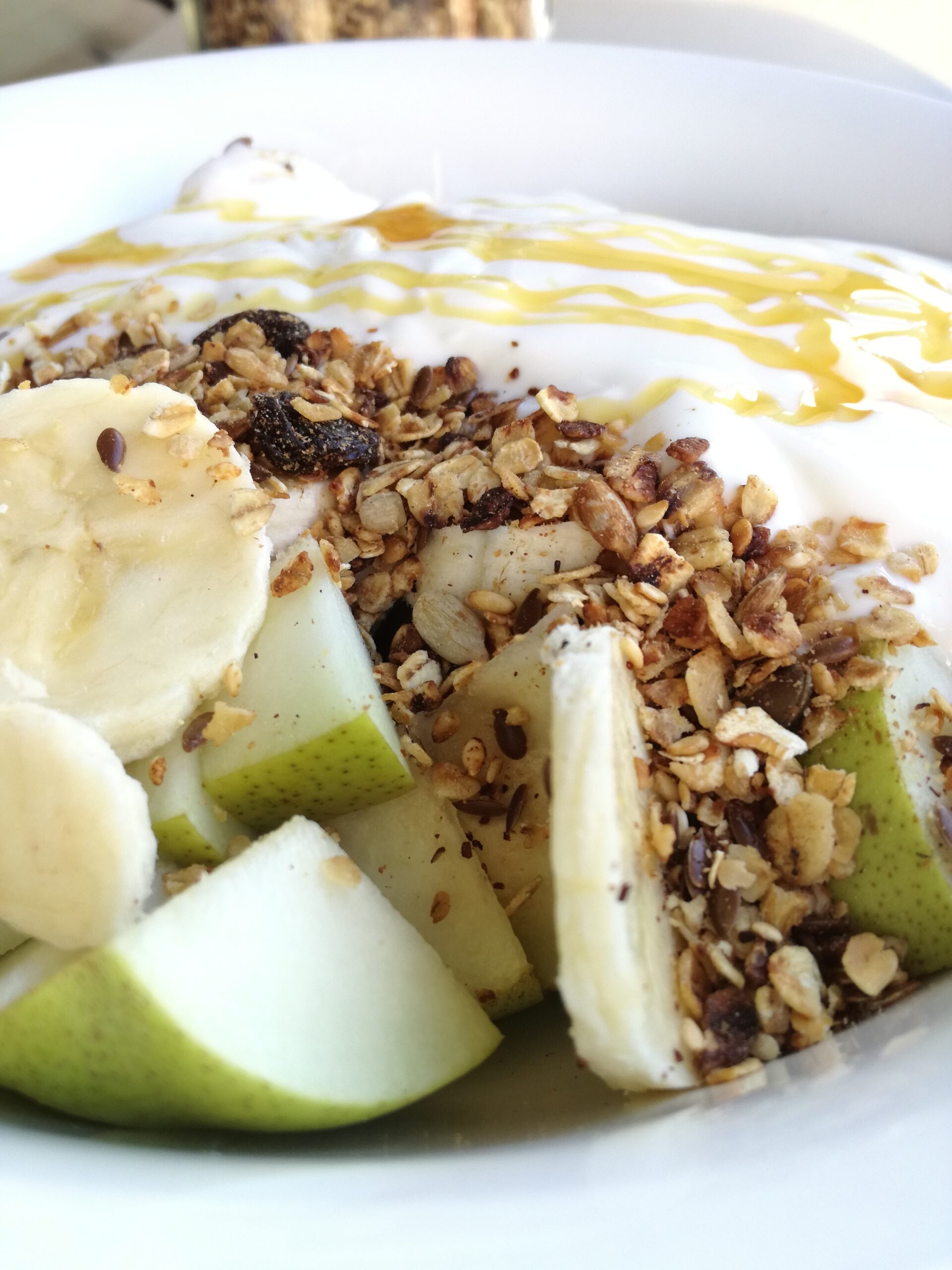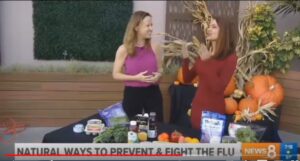 When it comes to nutrition, it’s not simply what you eat but rather what you absorb. So even if you are eating the best nutrients, if your gut isn’t fully functioning and you aren’t absorbing those nutrients you can still be malnourished. Factors that can damage your gut lining and flora are:
When it comes to nutrition, it’s not simply what you eat but rather what you absorb. So even if you are eating the best nutrients, if your gut isn’t fully functioning and you aren’t absorbing those nutrients you can still be malnourished. Factors that can damage your gut lining and flora are:
- Anti-biotics
- Stress
- Processed foods
- Alcohol
- NSAIDs
- Sugar alcohols
Sometimes the symptoms of a weakened gut are obviously related to that area of your body. These can include:
- Constipation
- Loose stools
- Gas/Bloating
- Nausea
- Acid reflux
- IBS
However, since our digestion is related to our overall health, oftentimes the symptoms can seem unrelated. The most common symptoms I see in my practice are:
- Frequent colds and flu
- Brain fog
- Trouble sleeping
- Joint pain
- Muscle twitching
- Allergies
At this point it may feel like everything you do damages your gut and every symptom that you have can be linked back to it! Although that is an oversimplification, in some ways it is true.
Our gut health is the foundation of our overall health. It allows us to extract and absorb nutrients, fights infection, houses the majority of our immune system, and gets rid of all the toxic crap we don’t need (literally).
It is important to keep the foundation strong by ideally removing the factors that are causing the problems and adding in nutrients that will help your gut heal and then remain strong. I have found that there are 3 essential nutrients that are key to your gut health.
Probiotics
Probiotics are the beneficial bacteria that live in our digestive tract. There are literally billions of these bacteria and their job is to help us digest food and absorb nutrients. They also play a key role in our immune system and help synthesize B vitamins.
Overall, the bacteria in our gut are pretty tough and can handle a lot of what we throw at it. However, things such as high stress and anti-biotics can destroy these bacteria and compromise our gut health.
Food Sources
Food sources of probiotics are typically linked to fermentation. In other words, food that has undergone fermentation will also be a source of probiotics. Examples are yogurt, sauerkraut, kimchi, kefir and kombucha. To maintain a healthy gut (i.e. you are not experiencing symptoms) shoot for 1-2 servings of a probiotic rich source per day.
Supplements
If you are symptomatic or aren’t getting enough probiotics through your diet, supplementing is always an option. Probiotics come in both liquid and capsule form.
If your symptoms are severe or you are coming off a round of anti-biotics I recommend starting with a liquid form. This will repopulate the bacteria on your entire digestive tract, rather than just your gut. I really like Bio-K + (they also have a dairy free version here). Start with ½ a bottle in the AM and ½ a bottle in the PM until you are done with container. Then you can switch to a capsule form such as PB-8.
l-Glutamine
When our intestinal wall gets irritated it can cause the bonds between the cells to loosen and create small holes. These holes can allow things into the gut that don’t belong there as well as leak bad bacteria into the rest of the body. This condition is called leaky gut and cause allergies, inflammation and autoimmune diseases.
l-Glutamine is an amino acid that helps seal up those small holes and strengthen your intestinal walls. It can also help maintain muscle, an added bonus if you are exercising or just want to maintain your lean muscle mass.
Food Sources
l-Glutamine can be found in both plant and animal proteins. It is also one of the main reasons that bone broth is tied to intestinal health. Other sources are beef, dairy, seafood, eggs, nuts, beans and lentils. Shoot for at least 3 servings a day or one source at every meal/snack.
Supplements
When supplementing, my preference is powder form and quality is extremely important. My favorite is Pure Encapsulations l-Glutamine Powder. Typically the dose is 3g twice daily.
Magnesium
If I had to pick a favorite mineral, it would definitely be magnesium! What, you don’t have a favorite mineral? Magnesium is a relaxer, and you can associate a deficiency in magnesium with anything that you would associate with clenching and tension. Examples are constipation, muscle twitching, sore muscles and trouble sleeping.
Historically, our fruits and vegetables would absorb magnesium from our soil; we would eat them and then absorb the magnesium ourselves. Unfortunately most of our crops (even the fancy organic ones) are over cropped so our soils have become deficient in many essential minerals, especially magnesium.
Food Sources
Food sources of magnesium include dark leafy greens, nuts, beans, fish and whole grains. Although as I said above, many of these sources are not as rich as they used to be so I recommend that this is one mineral that most people supplement with (and it’s not just because it’s my favorite!).
Supplements
When you supplement with magnesium, it is important that calcium (and ideally vitamin D) are also present. These three nutrients work as a team to help each other absorb. I really like Rainbow Light because it is a food based supplement so it is easier on your stomach and tends to be more bio-available (meaning your body can actually use it). If you find that your stools begin to become lose (don’t worry it won’t be an emergency situation), cut the dose in half to allow your body to adapt. I also recommend taking it at night because it can potentially help you sleep…and who doesn’t need that?!

